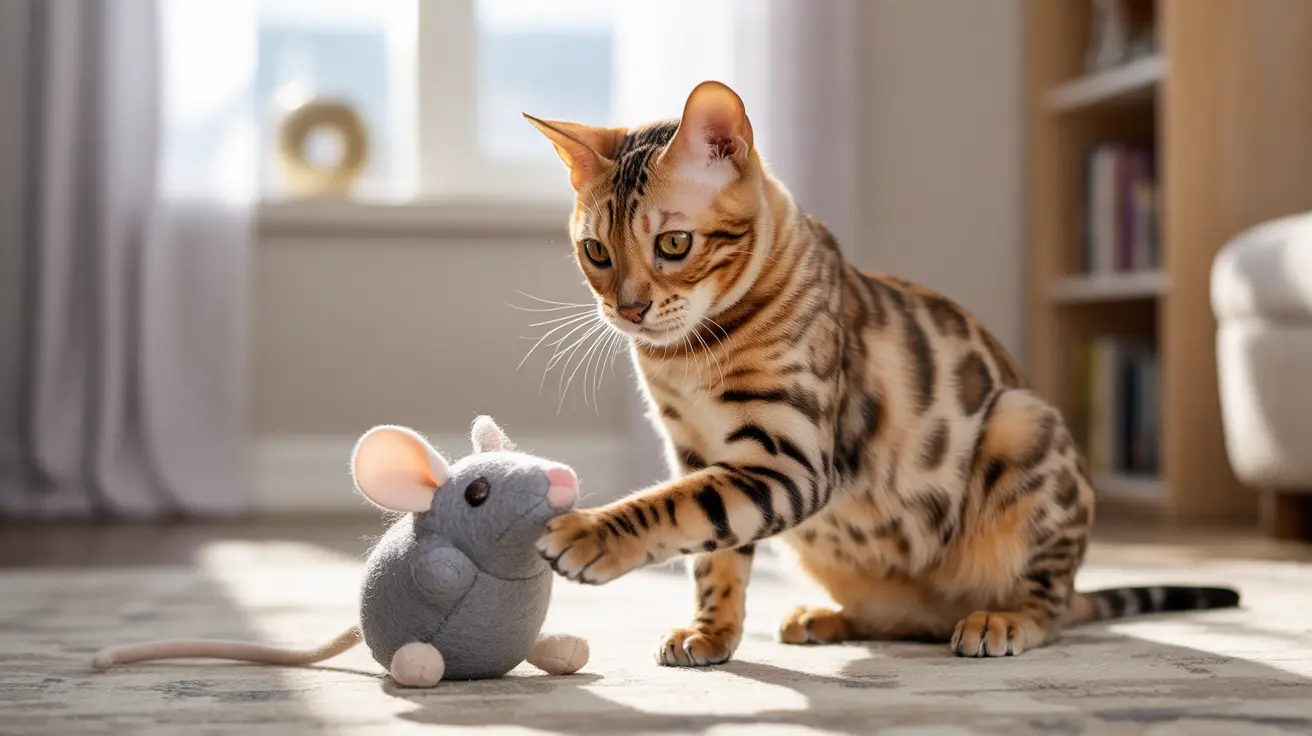Many cat owners wonder about their feline companions' capacity for forgiveness, especially after unpleasant experiences like vet visits or accidental missteps. While cats certainly remember both positive and negative experiences, their emotional processing works differently from humans. Understanding how cats process and respond to experiences can help strengthen the bond between pets and their owners.
Let's explore the fascinating world of feline memory, emotional processing, and what science tells us about cats' ability to forgive and move past negative experiences.
How Cats Process and Remember Experiences
Cats possess both short-term and long-term memory capabilities that help them navigate their world and relationships. Their short-term memory can last up to 16 hours for significant events, while long-term memories, especially those tied to strong emotional experiences, can persist for years.
Unlike humans, cats don't process experiences through the lens of grudges or revenge. Instead, their reactions are based on survival instincts and learned associations. When a cat appears to hold a grudge, they're actually displaying protective behaviors based on previous negative experiences.
The Science Behind Feline Forgiveness
Research shows that cats can indeed "forgive" in their own way. While they don't experience forgiveness as humans do, cats can return to normal behavioral patterns once they feel safe and secure again. This process is driven by their ability to form new positive associations that override previous negative experiences.
Most cats will resume normal behavior within 24-48 hours after a minor negative experience, provided they feel safe and receive positive attention from their caregiver. However, more traumatic experiences may require longer recovery periods and more patience from owners.
Building Trust and Promoting Forgiveness
To help your cat move past negative experiences and rebuild trust, consider these evidence-based approaches:
- Maintain a consistent daily routine
- Offer favorite treats and positive reinforcement
- Allow the cat to approach you on their terms
- Create a calm, stress-free environment
- Use gentle voices and slow movements
- Never force interaction when the cat is showing avoidance
Signs Your Cat Has Moved Past a Negative Experience
When cats have "forgiven" and feel comfortable again, they typically show these behaviors:
- Seeking attention and physical contact
- Returning to normal eating and playing habits
- Relaxed body language (tail up, slow blinking)
- Choosing to stay in the same room as you
- Resuming their regular sleeping patterns
Frequently Asked Questions
Do cats hold grudges or remember when they've been mistreated?
Cats don't hold grudges in the human sense, but they do remember negative experiences and may alter their behavior accordingly. This is a survival mechanism rather than actual resentment.
How long do cats typically avoid someone after a negative experience?
Most cats return to normal behavior within 1-2 days after minor incidents. More serious negative experiences may require several days or weeks of patient trust-building.
Can cats forgive their owners and how can I rebuild trust with my cat?
Yes, cats can "forgive" by forming new positive associations. Rebuild trust through gentle interactions, positive reinforcement, and allowing your cat to set the pace for renewed contact.
What signs show that a cat has forgiven me after I upset them?
Signs include seeking attention, purring, rubbing against you, maintaining eye contact with slow blinks, and returning to normal behavioral patterns.
How does a cat's memory affect their behavior toward people they know?
Cats form strong associations based on past experiences, which influence their future interactions. Positive experiences build trust and comfort, while negative ones may cause temporary or lasting behavioral changes.
Conclusion
While cats don't experience forgiveness in the same way humans do, they are remarkably adaptable creatures capable of moving past negative experiences and rebuilding trust. Understanding their unique way of processing experiences can help us better support our feline friends and maintain strong, positive relationships with them.






